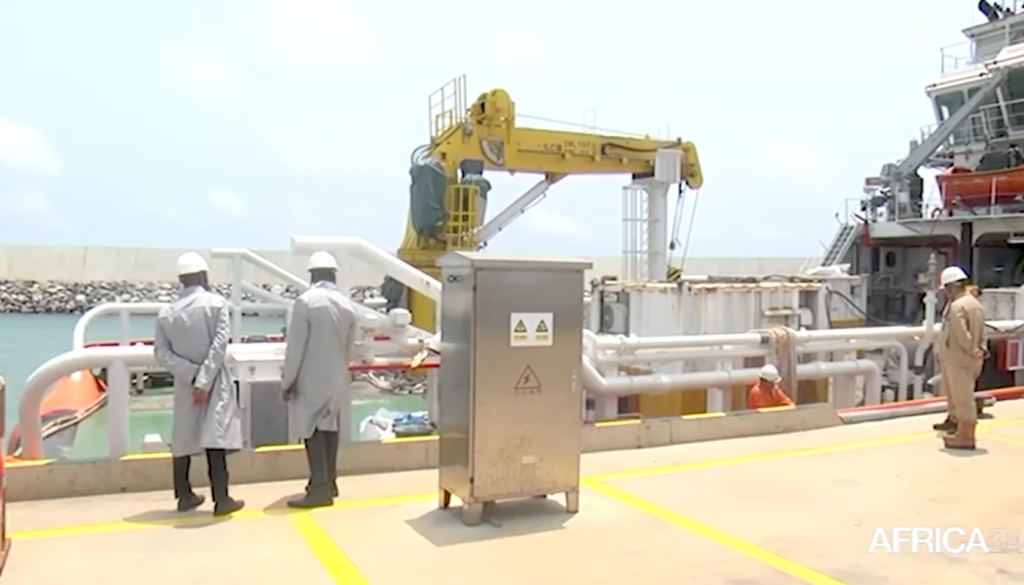Niger oil exports, a new stage in economic relations with China

The port of Sèmè-Podji recently witnessed a significant logistical operation as a Chinese vessel completed the loading of Nigerien crude oil, marking a pivotal moment in natural resource trade between Niger and China. This operation, completed early in the morning on Sunday, May 19, 2024, involved the shipment of 1,000,000 barrels of crude oil, equating to a total capacity of 160,000 cubic meters.
According to sources within the Ministry of Mines, this shipment proceeded without the presence of official representatives from the Beninese or Nigerian governments.
This absence is intriguing, especially given the usual diplomatic and state protocol involved in transactions of such magnitude.
The discreet nature of this operation may reflect recent tensions between Benin and Niger concerning oil exports.
The relationship between Benin and Niger has been strained by recent disputes over oil exports, potentially impacting commercial and logistical operations between the two countries.
Conducting this operation without official representation might be an attempt to bypass these tensions and ensure the continuity of trade.
The export of crude oil to China is of significant economic and strategic importance for Niger.
The sale of 1,000,000 barrels represents a substantial revenue source, bolstering the country’s financial capabilities and supporting its economy.
Moreover, this transaction strengthens economic ties between Niger and China, an increasingly important trade partner in Africa.
For China, securing sources of crude oil is vital to meet its growing energy demands.
This partnership with Niger allows Beijing to diversify its supply sources and enhance its economic presence in West Africa.
As commercial relations between Niger and China continue to develop, it will be crucial to monitor how regional tensions with Benin might affect future transactions.
A peaceful and mutually beneficial resolution of these disputes is necessary to ensure stability and economic prosperity in the region.
Titi KEITA











